Facing the Challenges of Visibility
While Indigenous artists may finally be getting a share of the spotlight, visibility in the mainstream media can be a double-edged sword. Warren Realrider of TickSuck summarizes this phenomenon well, writing, “Benefits of this attention will be the inspiration to younger artists to think and act outside of the layers of boxes that the Indigenous people of the Americas have been placed in throughout the colonization process. Also, the opportunities for working Native artists will keep expanding and growing with attention.”
Citing the flipside, he continues, “Challenges of the attention will always be a newer version of working within the viral settler society that still seeks control of ideas and people plus continued exploitation and possession of land and resources.”
Indeed, with relative success and attention in the mainstream media still comes many words of potential warning. Settler-colonial society, after all, has proven time and time again that it can’t be trusted to do what is right for Indigenous peoples.
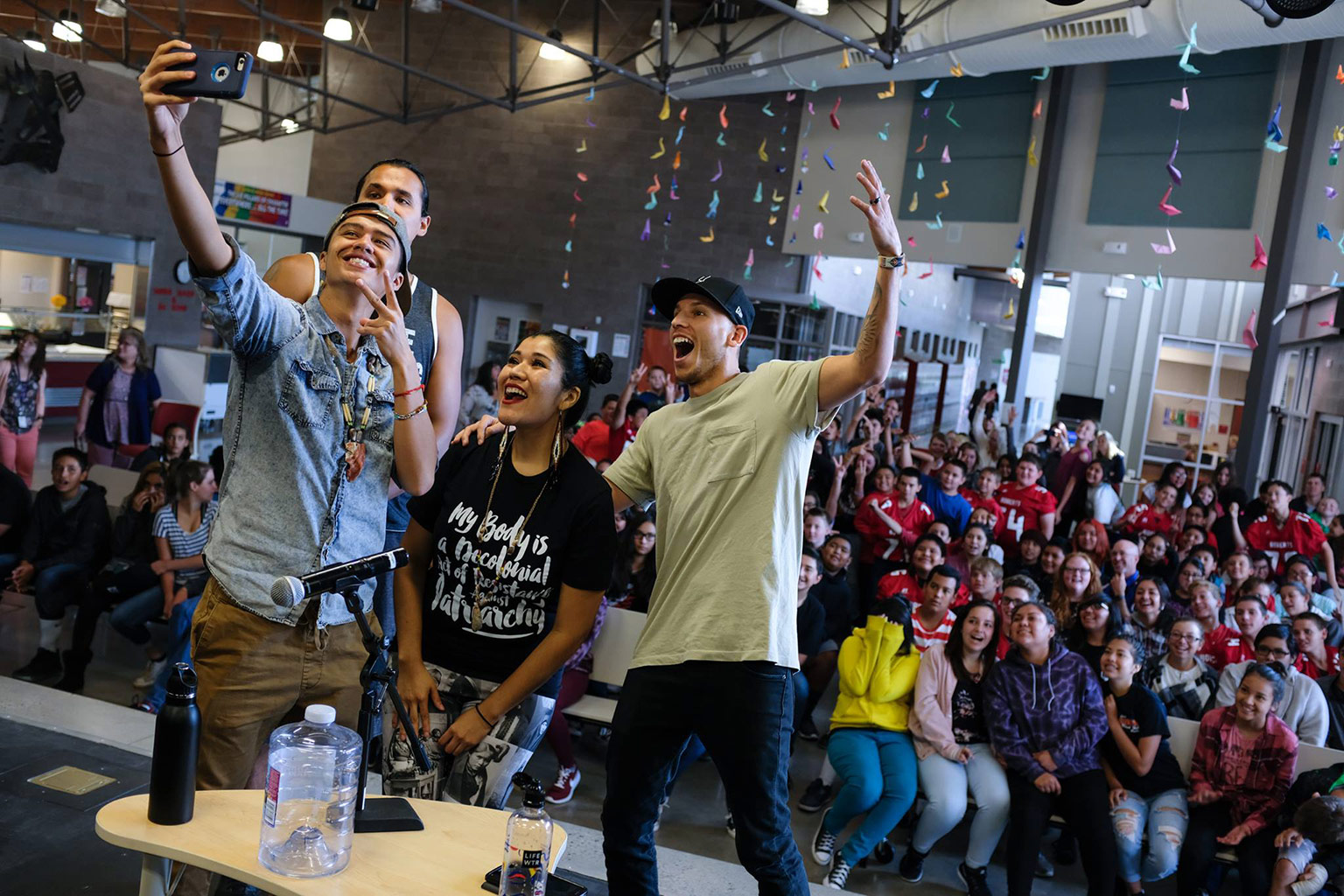
“One of the challenges I feel now is because so many people are trying to be woke and have their woke checklist [checked]; organizations are like, ‘Alright, we got to find a Native during Native Heritage Month’ … and still people not wanting to, like, pay people for their time,” says Tanaya Winder, whose latest record, It’s a Good Day, will be released in April 2023.
Singer, rapper, and writer Jessa Calderon agrees that the quest for Indigenous representation can come with tokenizing or the undervaluation of labor.
“I get a lot of day of, day before, or week before event requests where [non-Native organizers] offer me or my family just two minutes to speak, which leads me to believe they never had good relations with Native peoples,” she says.
Calderon suggests that having Indigenous artists involved in the initial planning processes could help alleviate a lot of the discord.
“I want to see organizers who call in Indigenous peoples from around the States to always include the Native peoples of whose homelands the event is taking place [in], first and foremost,” she says. “Include us in the first planning phases, so you don’t have to apologize for whatever disrespectful situations come up for not including us in the planning phases.”
Calderon and Tall Paul have both been part of Winder’s collective, Dream Warriors Management — which over the years has included a changing roster of musicians, such as Lyla June, Kelly Holmes, and early founding members Frank Waln and Mic Jordan. Together, they recognize the importance of Indigenous creators supporting one another as they navigate such systems. If they are too busy for opportunities, they always try to pass them on to other Indigenous artists rather than simply saying no; when they tour in cities where their members are not local, they seek out participation from local artists.
“If you’re being invited into somebody else’s homelands — or maybe the organizers don’t even know the local tribes — it’s good to help make those connections to let somebody local perform a song, perform a poem, or be a part of it in some way,” says Calderon. “That way, we’re teaching the organizers as we’re going, too.”
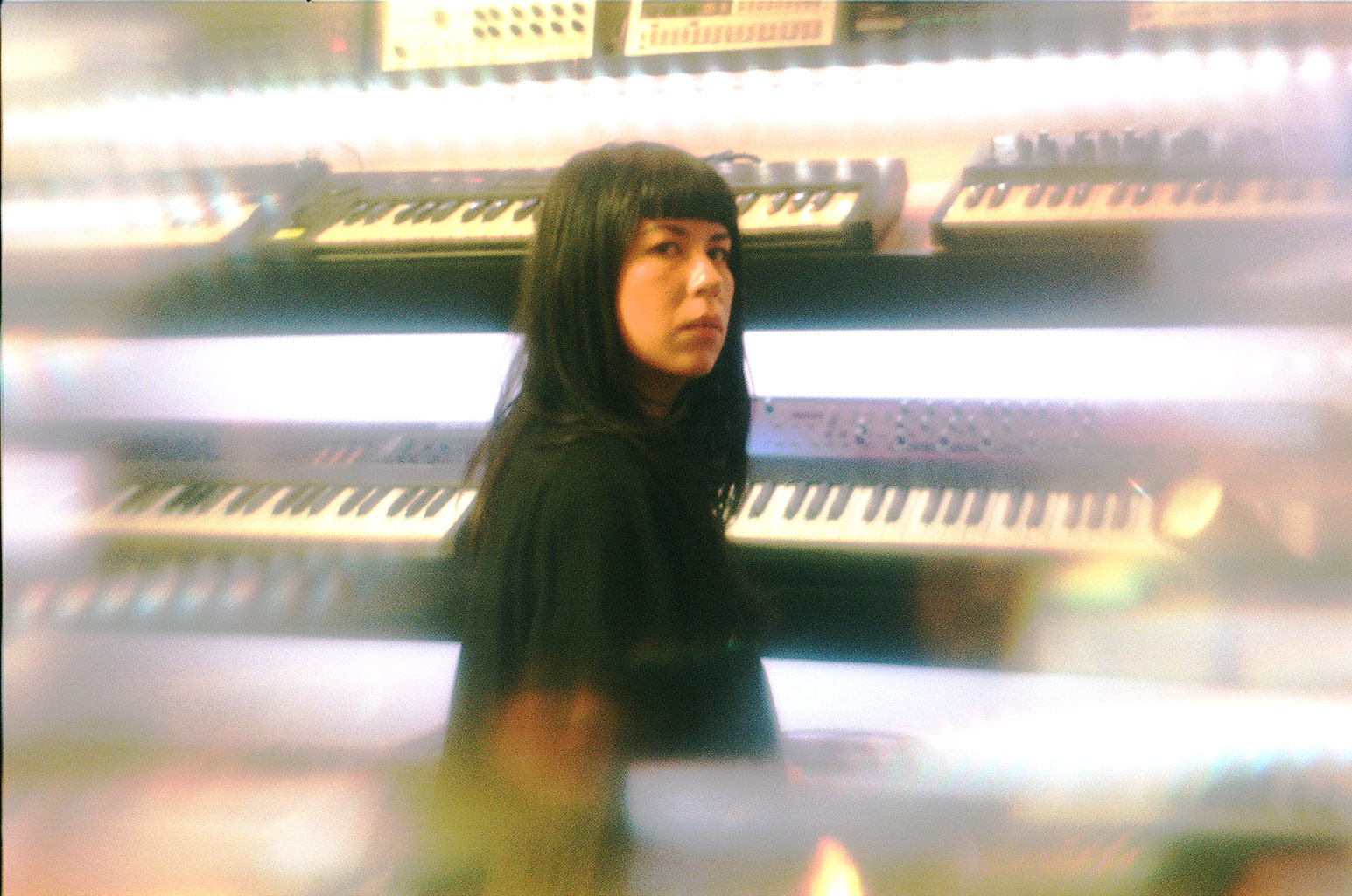
For interdisciplinary artist Chloe Alexandra Thompson — who has increasingly been working with institutions that feel a responsibility towards Indigenous creators — a paradigm shift has been slowly taking place. She says it feels like a phase of learning the terms on which to interact with each other on artistic and institutional levels. One significant factor is that Indigenous cultures are not monolithic; each has its own traditions and protocols.
“There’s some common kind of principles across a lot of Turtle Island, but there’s a lot of difference, too,” says Thompson. “So it’s actually never going to be a monolith; there’s no set of rules.”
Thus, she supposes, if both sides can approach one another with these dynamics in mind, their interactions might be more successful.
“Access needs shift for people across the board. … So, what does it look like, for institutions to practice being responsive … or maybe just be clear — with themselves, as well as incoming artists — on where they can or cannot be responsive?” Thompson inquires. “If [institutions] are just clear with where they’re at, and what they can offer and what they cannot offer, then that actually is so helpful as to deciding what I’m willing to present there, and how I’m willing to work with them.”
- Introduction
- Defining “Indigeneity” on One’s Own Terms
- Incorporating Tradition in Contemporary Music
- Learning, Preserving & Revitalizing Language
- Focusing on the Land & the Environment
- Raising Awareness Around MMIW/P
- Using Film as a Medium to Elevate the Collective
- Uplifting & Empowering the Youth
- Facing the Challenges of Visibility
- Building Infrastructure for Change
- Dreaming the Future

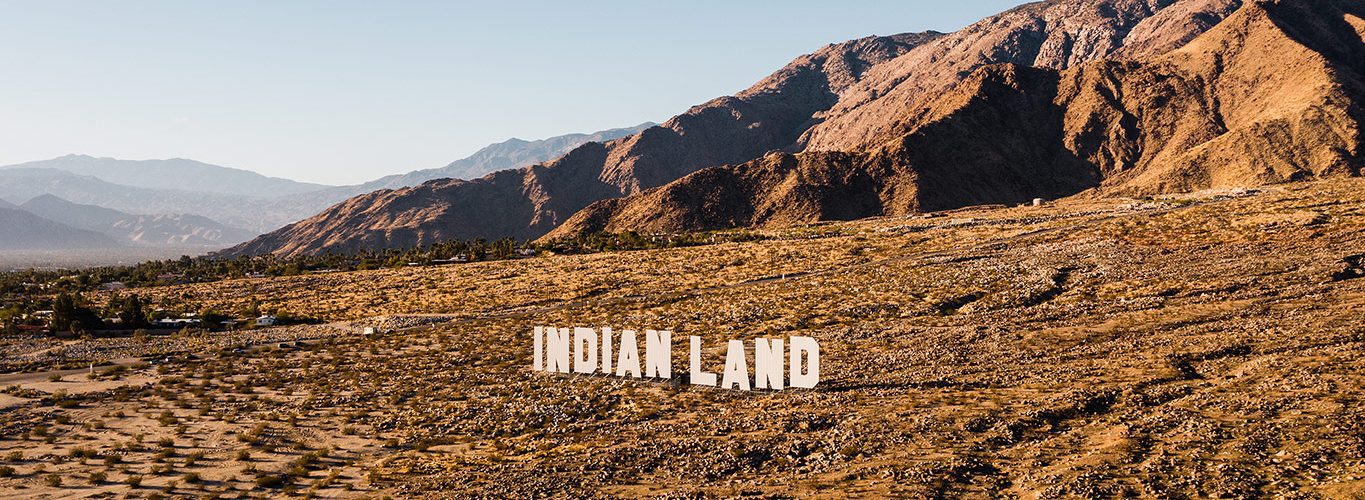

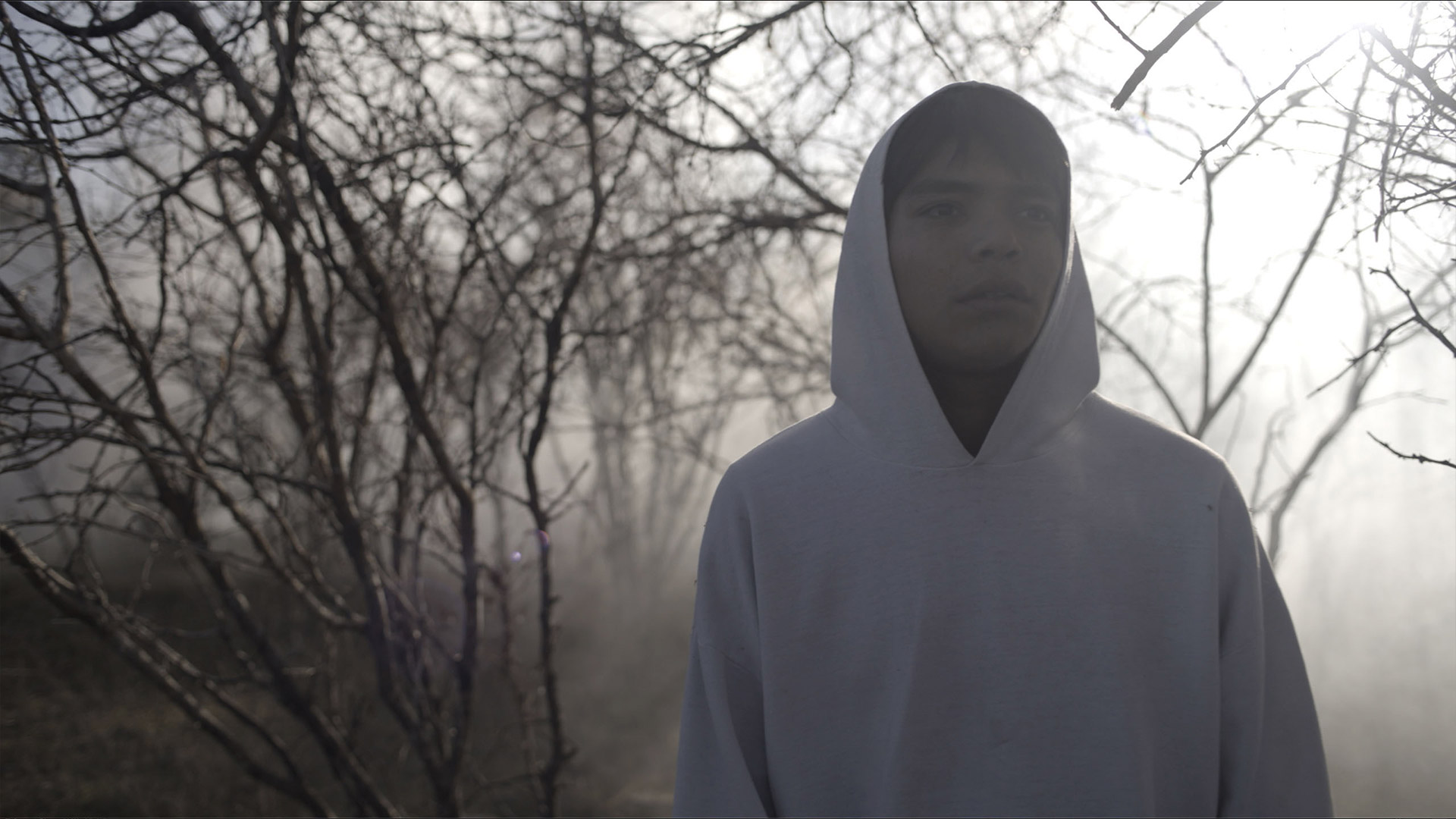
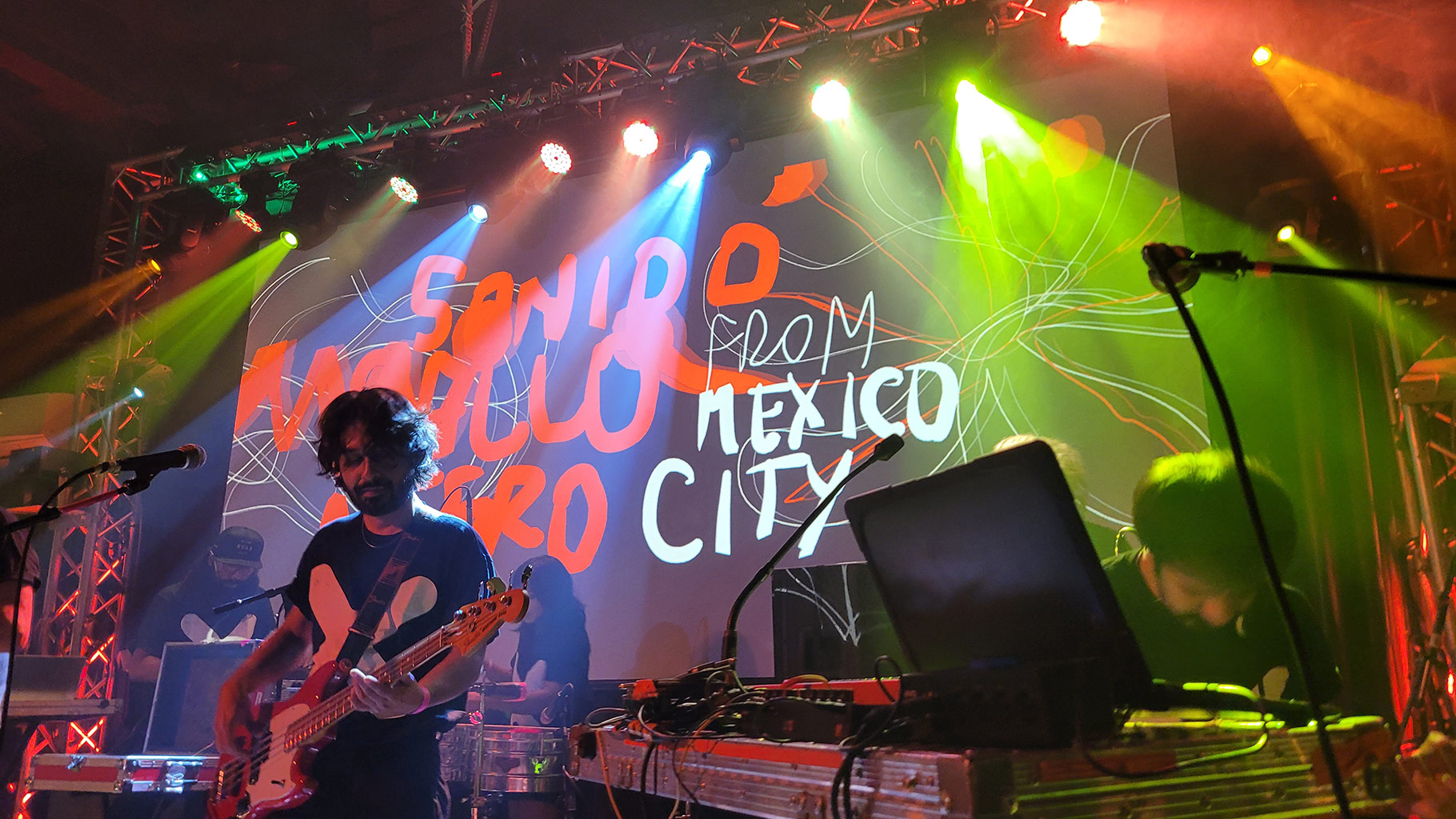
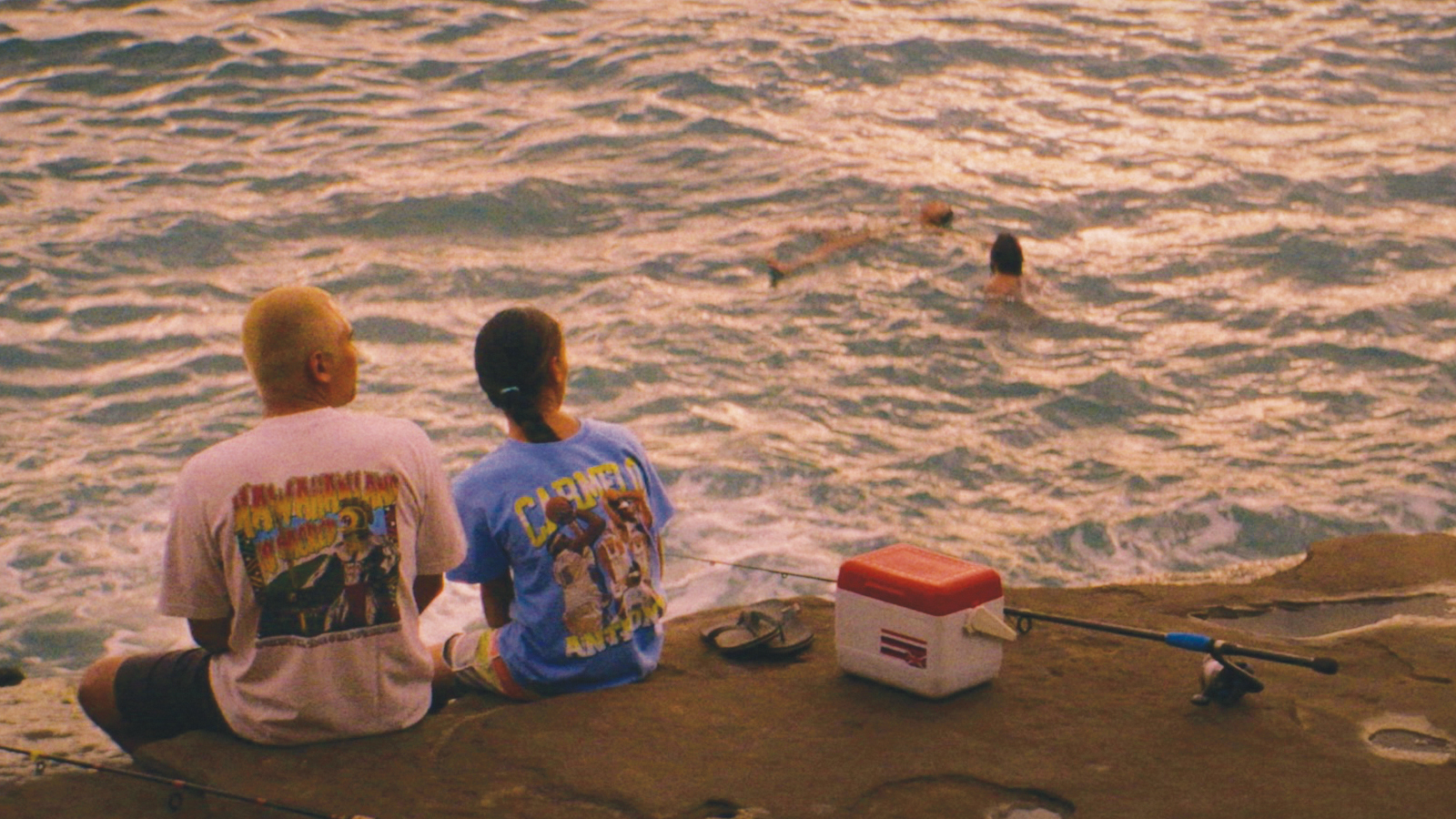
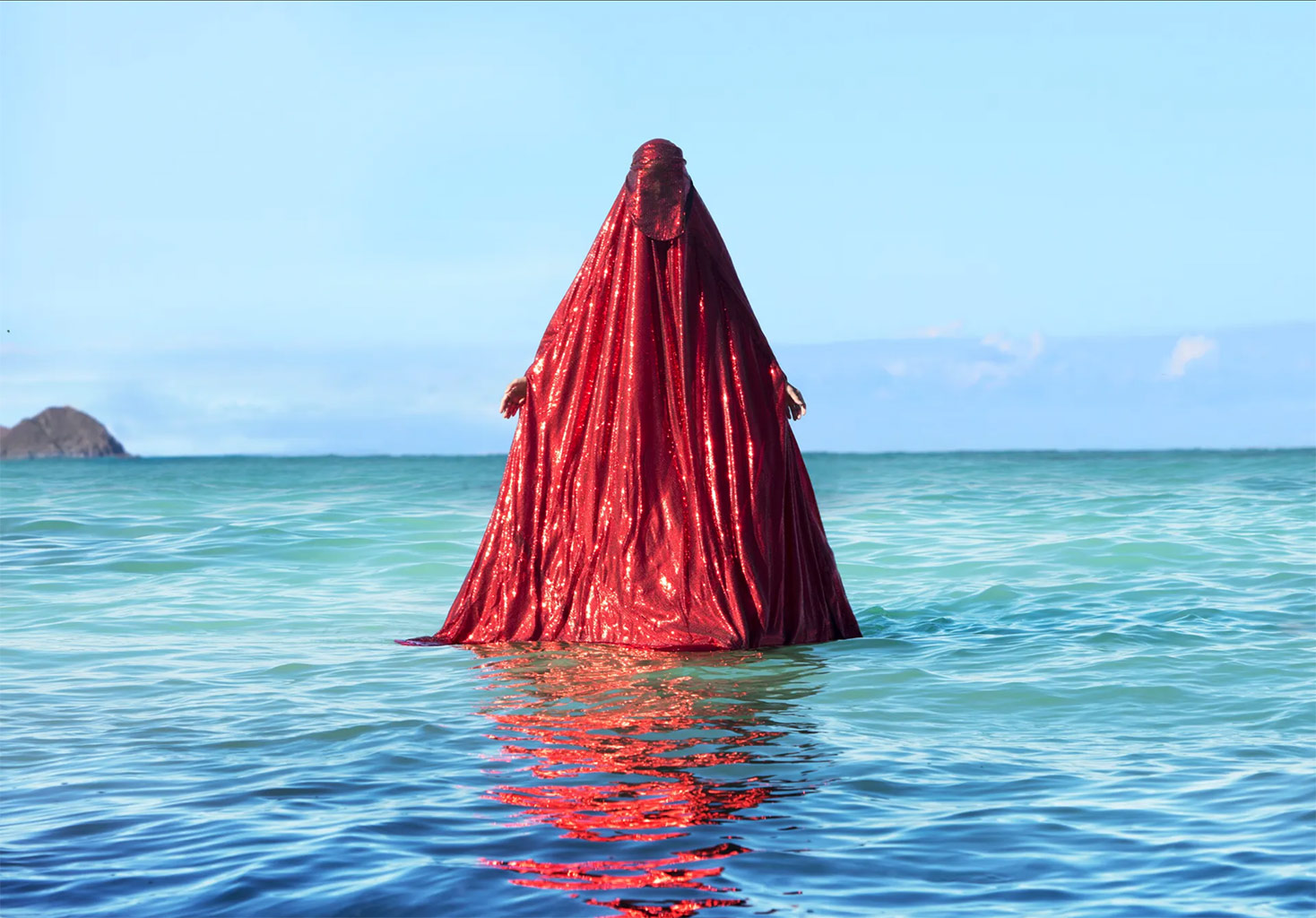
[…] min read29 seconds agoAdd comment I haven’t even stepped foot into the Snotty Nose Rez Kids show, and I already notice a couple things outside the venue. Clearly, the Indigenous fashion is […]